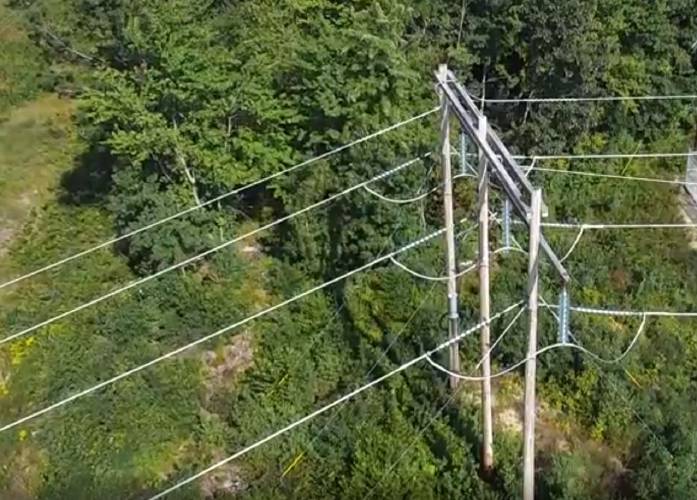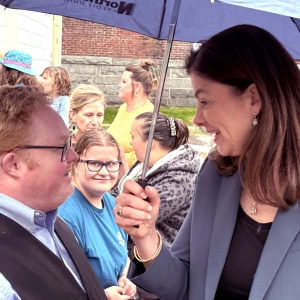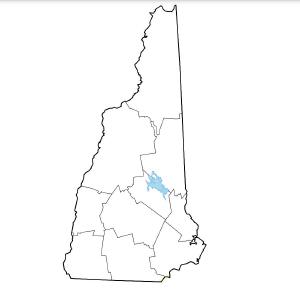Savings from community power programs become slimmer

Electricity rates should drop as utilities see savings with lower prices on natural gas. Courtesy
|
Published: 01-03-2024 4:29 PM
Modified: 01-03-2024 4:44 PM |
The financial benefit seen by communities who are part of the Community Power Coalition will be reduced this year because all New Hampshire utilities have cut their electric rates.
Things are different, however, for four towns that are doing community power through a broker. They appear to have locked in electric rates higher than those currently offered by their local utility.
The news comes as several communities in the region, including Concord, are considering whether to adopt community power and, if so, whether to use a broker or the non-profit Community Power Coalition.
Both brokers and the coalition buy contracts for electricity through ISO-New England’s wholesale power market. They have more flexibility in doing so than regulated utilities that set rates twice a year for the upcoming six months, which in theory makes it possible for them to get cheaper or cleaner power for customers.
The coalition on Tuesday announced a 26% drop in the base electric rate, to 8.1 cents per kilowatt-hour beginning in February. This rate will be offered to all residential customers within the 16 towns and cities, including Canterbury, that are active in the coalition. Homeowners have the option to stay with the utility’s rate if they wish.
This non-profit coalition says its rate will be 24% less than Unitil’s residential rate, 20% less than NH Electric Co-op’s rate, and 17% less than Liberty’s. The savings are much smaller for customers of Eversource, by far the biggest power utility in the state: The coalition’s rate is just 2% less than Eversource’s rate, which includes a 1.5 cent cut to make up for past overcharges.
The gap between the coalition’s price and utility rates are generally smaller than they were last year. That reflects a recent drop in the cost of natural gas, which is used to make half of New England’s power. Lower cost for fuel allowed utilities to lower their rates this winter, leaving less room for the coalition to find savings.
Four communities have adopted the community power in a different system, buying it through private brokers rather than the coalition, and they seem to have signed up for higher rates than those offered by utilities. Keene, Marlborough, Swanzey and Wilton have current community power rates of 11.5 cents per kWh, about 40% higher than the new Eversource rate.
Article continues after...
Yesterday's Most Read Articles
 By all appearances, Canadians are leery of coming to NH
By all appearances, Canadians are leery of coming to NH
 Plans advance on $27M Memorial Field project
Plans advance on $27M Memorial Field project
 “A dream come true” – Family opens housing for adults with disabilities in Concord
“A dream come true” – Family opens housing for adults with disabilities in Concord
 Memorial Day events in the Concord area
Memorial Day events in the Concord area
 Giving life back to board sports: Back Alley Boards upcycles boards into art
Giving life back to board sports: Back Alley Boards upcycles boards into art
 ‘I thought we had some more time’ – Coping with the murder-suicide of a young Pembroke mother and son
‘I thought we had some more time’ – Coping with the murder-suicide of a young Pembroke mother and son
Utilities change their rates twice a year depending on market conditions and can fluctuate between winter and summer.
Community power was enabled by the state legislature three years ago. It lets towns and cities join together to buy electricity themselves on the open market instead of taking whatever their local utility offers, giving the possibility of getting cheaper power as well as electricity from less-polluting sources.
The Community Power Coalition offers customers the choice of buying 100%, 50%, and 33% renewable power.
Another dozen communities that are members of the coalition are scheduled to make the service available this year.







 ‘The smiles say it all’: Sweet Dreamz brings creative soft-serve to Penacook
‘The smiles say it all’: Sweet Dreamz brings creative soft-serve to Penacook  Drought is completely gone from New Hampshire – maybe it can stop raining now?
Drought is completely gone from New Hampshire – maybe it can stop raining now?
